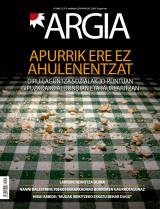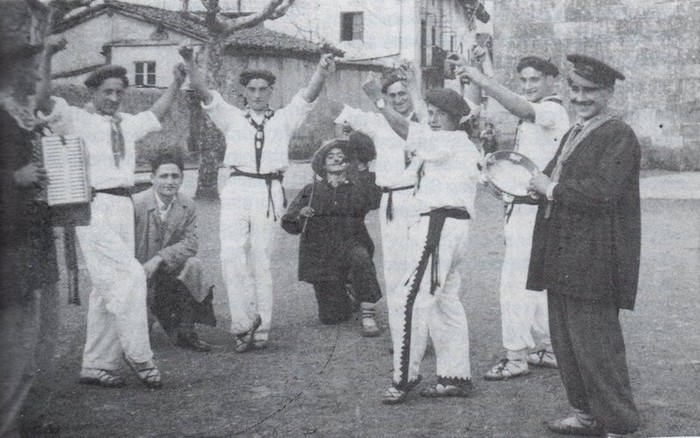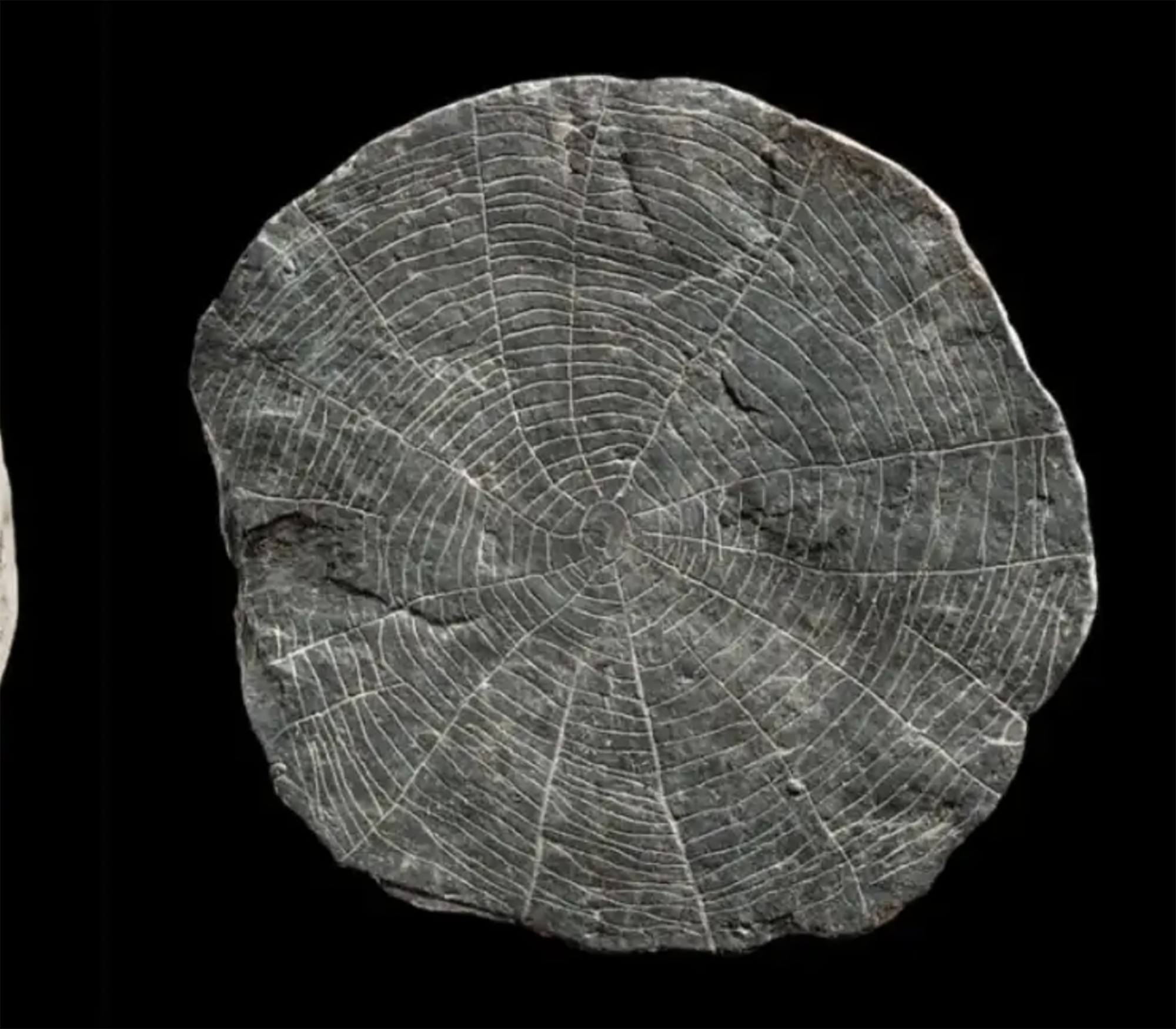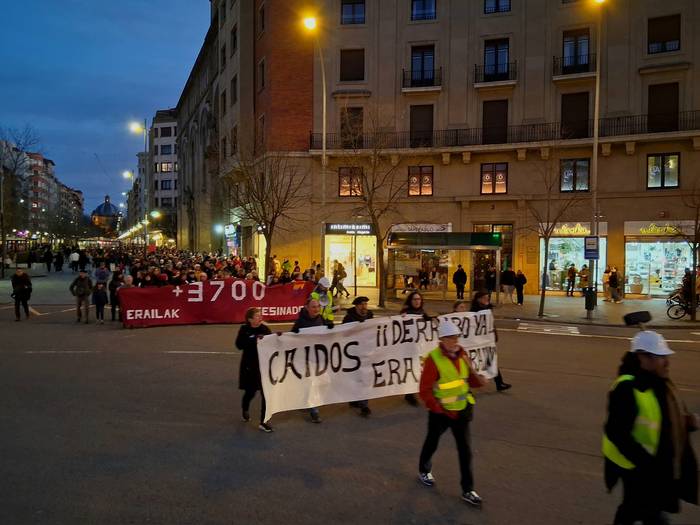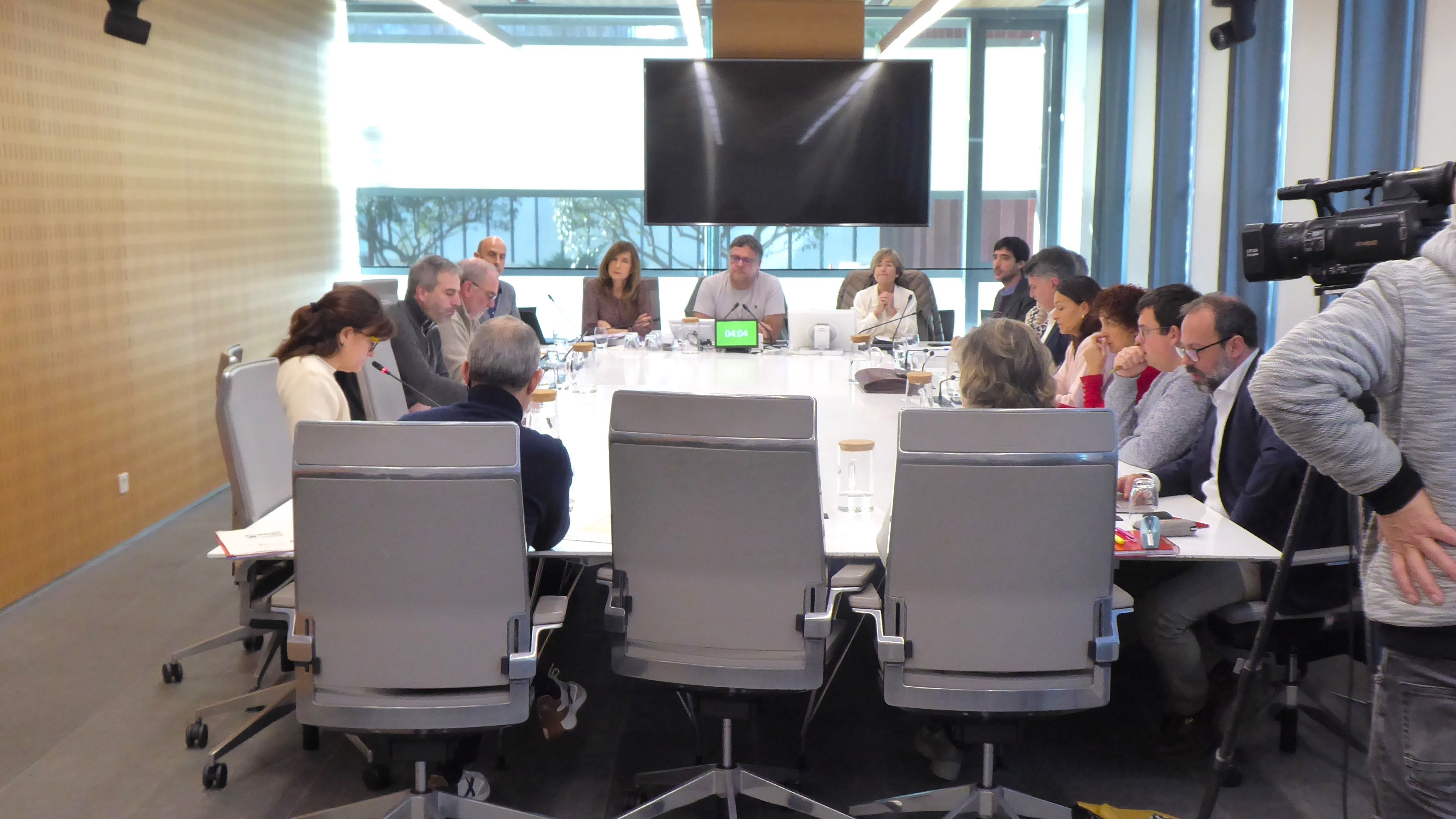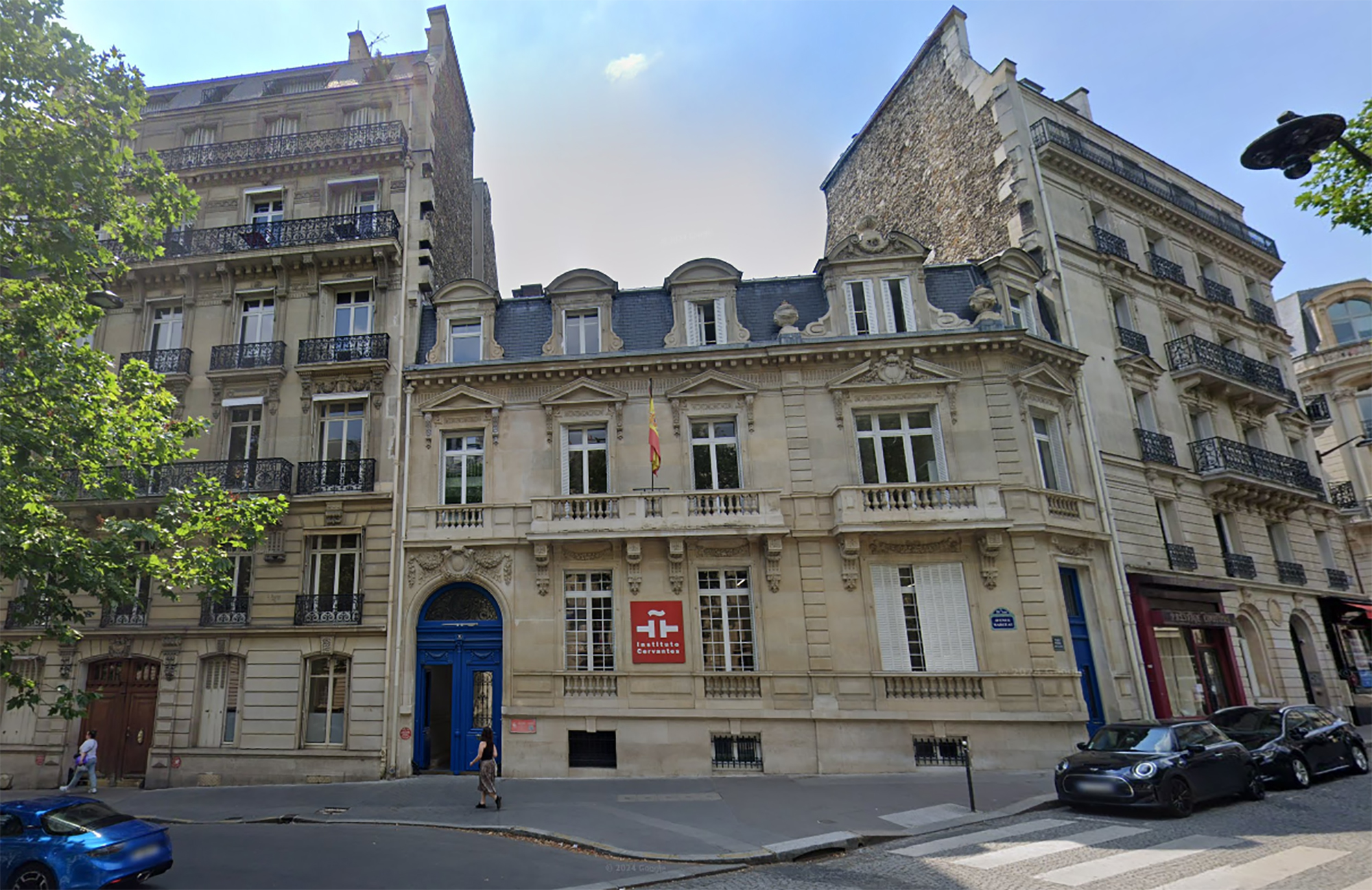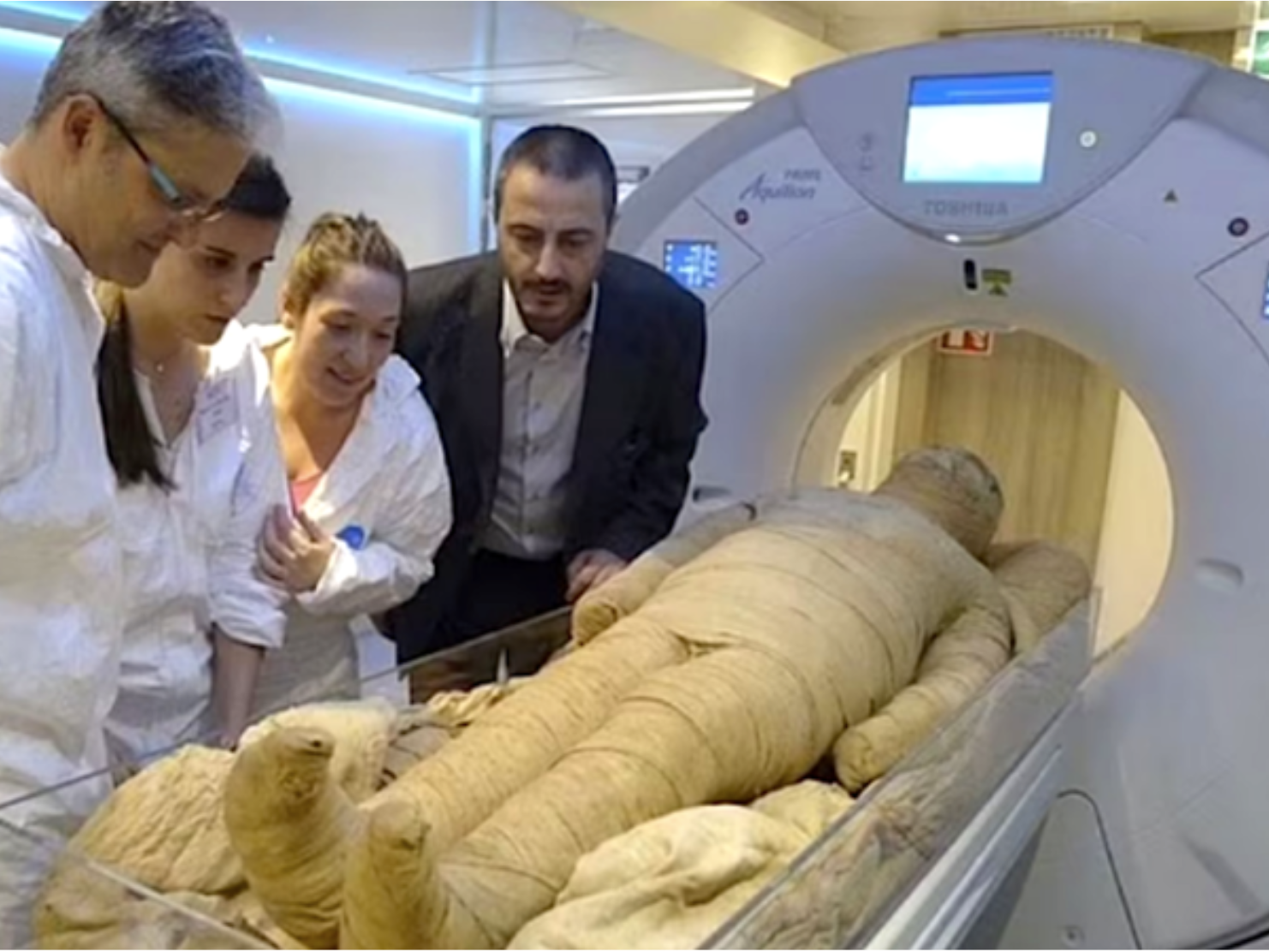The climate discovery of Christopher Columbus
On the second trip to America in July 1494, Christopher Columbus's ships sailed between Cuba and Jamaica, somehow resisting the monsoon's patrons. Torrential rains flooded the ships' basements and suffocating heat did not help to conserve food. The expedition was in danger.
In this critical situation, Colón wrote: “The sky here, the state of the air and time are similar to those here; every day there is a cloud that brings a rainfall of an hour, sometimes more and less, and that is due to the large trees of this country.” The colonial experience told him that the forest cover and rainfall were united: the same happened “in the Canary Islands, in Madeira and in the Azores, but since the trees were cut there are not so many clouds and it does not rain so much”. So he realized the relationship between deforestation and climate change.
Archaeologists have discovered more than 600 engraved stones at the Vasagård site in Denmark. According to the results of the data, dating back to 4,900 years ago, it is also known that a violent eruption of a volcano occurred in Alaska at that time. The effects of this... [+]
Vietnam, February 7, 1965. The U.S. Air Force first used napalma against the civilian population. It was not the first time that gelatinous gasoline was used. It began to be launched with bombs during World War II and, in Vietnam itself, it was used during the Indochina War in... [+]
I just saw a series from another sad detective. All the plots take place on a remote island in Scotland. You know how these fictions work: many dead, ordinary people but not so many, and the dark green landscape. This time it reminded me of a trip I made to the Scottish... [+]
Japan, 8th century. In the middle of the Nara Era they began to use the term furoshiki, but until the Edo Era (XVII-XIX. the 20th century) did not spread. Furoshiki is the art of collecting objects in ovens, but its etymology makes its origin clear: furo means bath and shiki... [+]
In an Egyptian mummy of 3,300 years ago, traces of Yersinia pestis, the bacterium that caused the Justinian plague in the 6th century and the Black Plague in the 14th century, have just been found.
Experts until now believed that at that time the plague had spread only in... [+]









